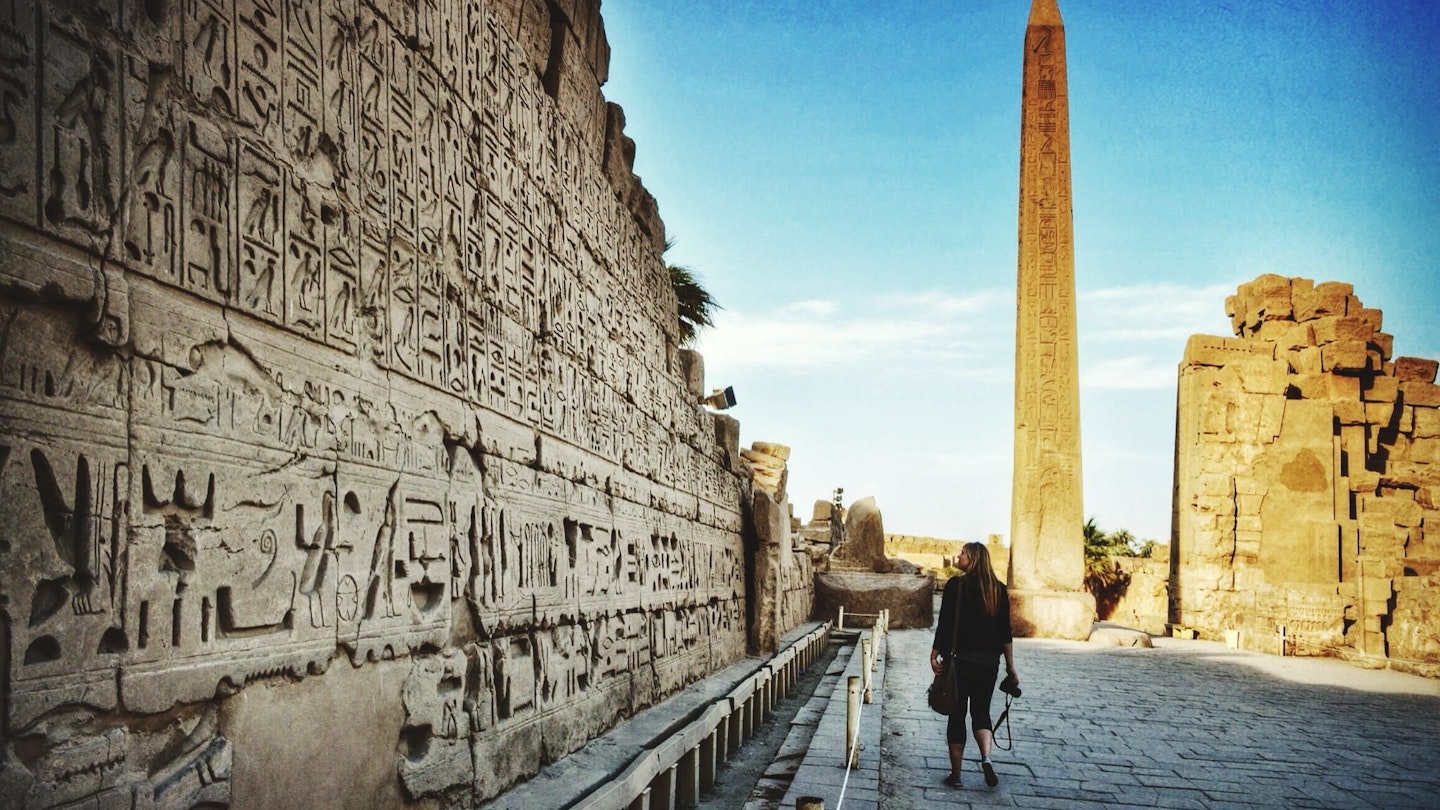A Remarkable Find: 30 Wooden Coffins Discovered in Luxor
A huge haul of 30 wooden coffins from Ancient Egypt were discovered by archaeologists in Luxor in what’s been called the ‘biggest such find in over a century’.
The 3000-year-old coffins, delicately carved and painted, were in ‘a good condition of preservation, colours and complete inscriptions’, according to a statement released by Egypt’s Ministry of Antiquities. They were unopened and contained the mummies of male and female priests as well as children from Ancient Egypt’s 22nd dynasty, dating back to around 1000 BC.

‘It is the first large human coffin cache ever discovered since the end of the 19th century’, Khaled El-Enany, the Egyptian antiquities minister, said during a ceremony in Luxor. Once the coffins are restored, it’s expected that they will go on display at the Grand Egyptian Museum when it opens near the Pyramids of Giza by the end of 2020.
Luxor is a particularly rich spot for archaeological discoveries. Within the city’s boundaries lie the ruins of the Ancient Egyptian capital of Thebes, the most respected place in the empire during its height. On the west bank of the River Nile is an extensive necropolis of cemeteries, funeral complexes, and royal burial chambers, the most famous of which is the Valley of the Kings. This cache of coffins was uncovered by Egyptian archaeologists without the help of foreign teams, making it an important local achievement.
Tourism officials believe that this remarkable discovery will attract more visitors to the country, which has been recovering since the 2011 revolutions. The nation continues to enhance accessibility for tourists, exemplified by developments such as the inauguration of the Sphinx International Airport in Giza and the lifting of the UK’s ban on British flights to Sharm El Sheikh.




